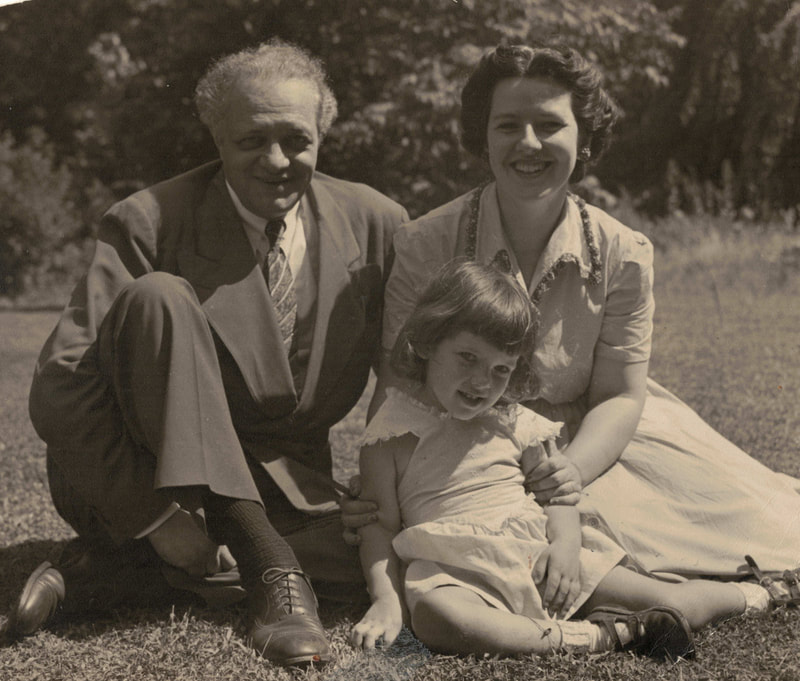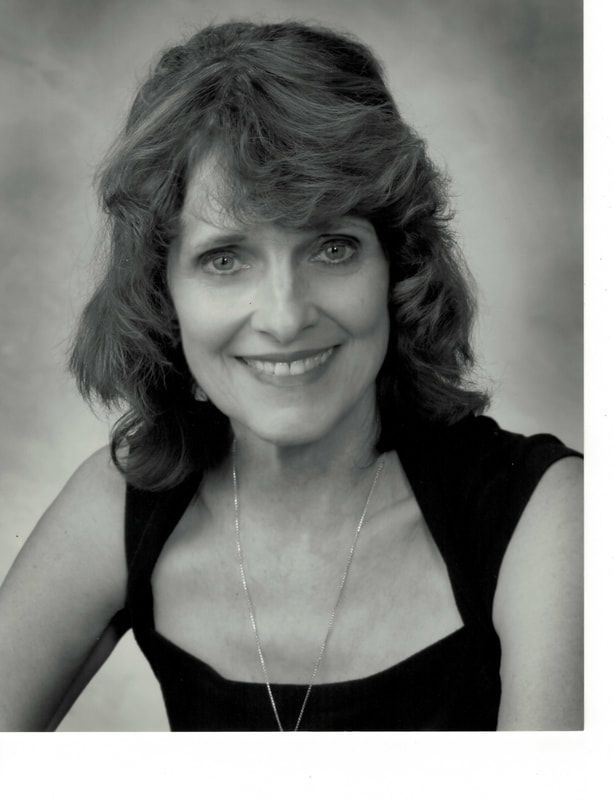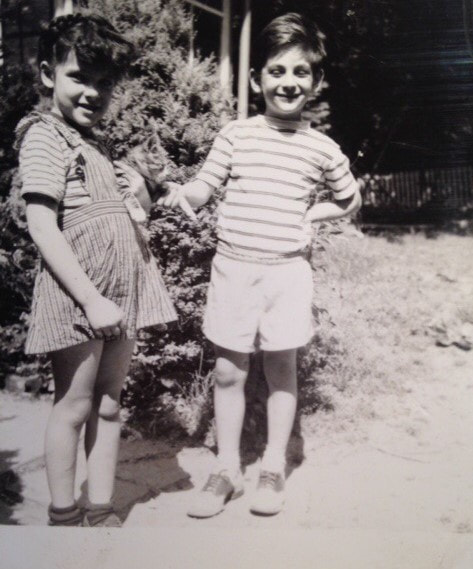|
By Karen Carnabucci, LCSW, TEP
Welcome to a phrase that I've just coined -- body-informed care. The words "trauma-Informed" have become a well-used phrase when discussing the care and treatment of survivors of trauma in the the fields of health and wellness. However, I've come to believe that if we are to be trauma-informed, we must become body-informed as well. Attention to the physical body is crucial in trauma treatment. Although we would like to think otherwise, trauma is not solely a psychological experience that affects the thinking brain. The fact is that traumatic experiences can leave a lasting impact on the body, leading to physical sensations, tension, and dysregulation, and sometimes illness and worse. By focusing on the body, trauma treatment can address the somatic aspects of trauma and promote truly holistic healing. The practitioner is charged with rewriting the nervous system into a new pattern of safety. This challenge means that practitioners must not only be trauma-informed but also body-informed. As we learn more about the neuroscience of co-regulation -- the idea that one person's nervous system impacts another's nervous system, the practitioner must be the "more regulated" one in the session and learn and practice how to stay in his, her or their own body so they can be present when they are working with a traumatized person. Here are some reasons why attention to the body is important in trauma treatment:
0 Comments
By Karen Carnabucci, LCSW, TEP
I never met Dr. J.L. Moreno, the European-born physician who is widely celebrated as the man who revolutionized psychiatric treatment. A pioneer in improvisational theater and a social scientist fascinated with relationships in groups, he prodded us to accept a new and vigorous way to relate to our world with the method of dramatic play that he called psychodrama. However, I had the good fortune to study closely for several years with Zerka T. Moreno, Dr. Moreno’s third wife, who is now credited as the co-developer of psychodrama. Zerka is known not only for shaping psychodrama while J.L. was alive but also for refining and polishing the method after his death in 1974 through her teaching, writing and traveling. And I have had the lovely opportunity to befriend Dr. Moreno’s daughter, Regina Moreno, who has asked me to assist with the writing of her book Words of the Daughter: A Memoir, where she warmly reveals more about the father of this method, the important contributions of her stepmother Zerka to this blended family away from the psychodrama stage, and especially her mother Florence’s hidden role in developing distinct psychodramatic and sociometric innovations of her own. Gina – as later called herself – died on June 19 in Berkeley, Calif., after a long and interesting life, a life mostly centered on psychodrama, relationships and adventure. By Karen Carnabucci, LCSW, TEP
Experiential therapy — a broadly based description of therapeutic modalities that employ here-and-now experiences — are greatly effective when working with people in recovery. Within recent years, many treatment centers and other clinical programs are re-inventing and re-informing their programs to show recognition of the particular needs for special populations and introducing a number of holistic treatment components like yoga, meditation, Reiki, nature walks and the like. Many of the same professionals also are re-evaluating the need for experiential learning and broadening experiential programs with psychodrama, metaphor, ritual and ceremony, the creative arts and work with animals as defined by distinct clinical objectives. |
AuthorKaren Carnabucci, LCSW, TEP, is an author, trainer and psychotherapist who promotes, practices and teaches experiential methods including psychodrama, Family and Systemic Constellations, sand tray, mindfulness and Tarot imagery. Archives
December 2023
Categories
All
|





 RSS Feed
RSS Feed